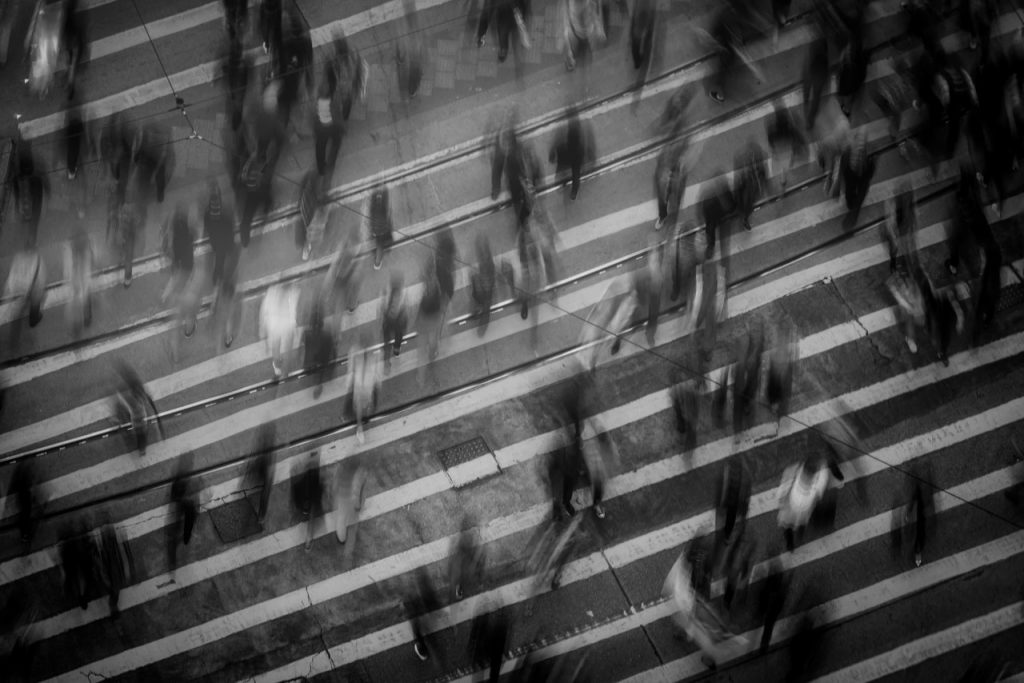Written by: Meghna Battacharya
COVID-19 has disproportionately affected ethnic minority groups in developed countries in the UK, with black communities having the highest diagnosis rates (Netuverli et al,. 2020). Reasons for this can include factors such as ethnic minority groups being more likely to live in urban, overcrowded communities which has increased their exposure to COVID-19. Pre-pandemic, a number of cultural and socio-economic problems had affected the mental health of members in African communities, including reasons such as lower-income households and higher likelihood to reside in overcrowded conditions (Beasor 2011). On top of this, more institutionalised racism has been embedded in the urban housing plans for African communities which has not only increased the probability of them suffering with the physical effects of COVID-19 more intensively, but also suffering adverse mental impacts.

During this challenging period of time we have all endured, it is extremely important to put mental health first, as COVID has caused a mental health emergency. COVID-19 has undoubtedly aided financial and social uncertainty, loneliness and sadly the loss of loved ones has also been a disastrous consequence for so many. This article will try to articulate how best we can help members from the African communities and propose some suggestions on how to prioritise mental health for this community (Black mental health and self-care in a time of crisis Centre for Mental Health, 2021).

Some good steps an individual should take include:
- Spending time outdoors – data shows that despite the well-known benefits of physical outdoor exercise in alleviating our mental and physical health, only around 1% of the Black community visit national parks and struggle to endure due to several factors. Groups such as BLACK GIRLS HIKE and STEPPERS UK are good organisations to join in diminishing that unbelonging some Black people still feel in outdoor spaces.
- Checking in with someone – Sometimes people may feel more anxious in terms of meeting someone due to continued isolation and feel disconnected. Please connect with a friend or family every once in a while whether that be through a phone call, video call or social media message.
3. A good nights sleep – The pandemic has impacted our sleeping factors due to higher anxiety and a lack of routine becoming a prevalent feature for many African communities during lockdowns. Waking up at the same time every day and enduring regular exercise may help one get into a better sleeping pattern which will overall boost mental health!
Sources- Beasor, S (2011) Housing benefit and welfare reform: Impact of the proposed changes on black and minority ethnic communities, Better Housing Briefing Paper 18, Race Equality Foundation www.better-housing.org.uk/briefings/housing-benefit-and-welfare-reform-impact-proposed- changes-black-and-minority-ethnic-commu
Centreformentalhealth.org.uk. 2021. Black mental health and self-care in a time of crisis | Centre for Mental Health. [online] Available at: <https://www.centreformentalhealth.org.uk/blogs/black-mental-health-and-self-care-time-crisis> [Accessed 18 February 2021].
Netuveli G, Hurwitz B, Levy M, et al. (2020)Ethnic variations in UK asthma frequency, morbidity, and health-service use: a systematic review and meta-analysis. Lancet2005;365:312-7. doi:10.1016/S0140-6736(05)17785-X pmid:15664226